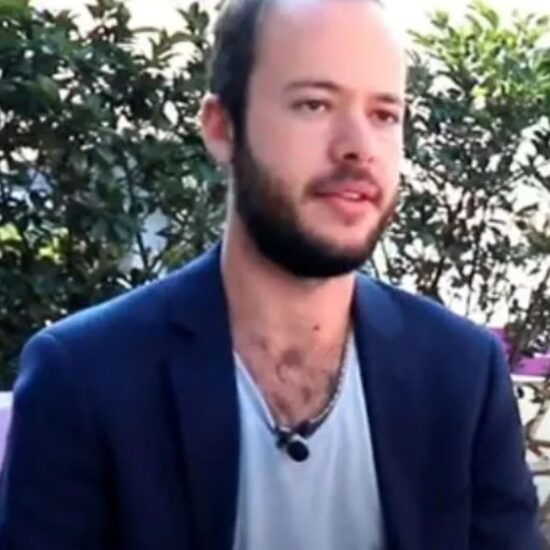
Creating a movie is an art form, but it also requires dedication. Splitting a schedule between directing and a job can be challenging. Anyone dreaming of debuting a film at the Raindance Film Festival should learn to balance filmmaking with a part-time job by refining their time management skills.
These are a few ways to start finding more time for filmmaking before it’s a full-time income. A new perspective and a few time management tools could be the only things standing between a hobby filmmaker and the next industry-leading director.
1. Create a Calendar
It’s essential to have a calendar that centralizes filmmaking and professional responsibilities. Color coordinating both on a virtual calendar will set them apart visually while providing notifications. Scheduling a hobby may seem strange, but it improves anyone’s time management by setting aside portions of the week for their film.
2. Plan the Production Schedule
Every filmmaker should have a rough production schedule to streamline their calendar events. Hobbyists may not have made one before, but it’s easy. While reflecting on the future film, consider planning production steps like:
- Writing the script
- Revising the script
- Setting the budget
- Estimating the length of the shoot
- Considering post-production work
Every part of the production should fit on a filmmaker’s calendar so they best understand how long they’ll work on the project. It also makes scheduling part-time work around the changing production stages easier.
3. Dedicate Time to Family
Many people juggling two jobs or managing businesses need to remember that they control their own schedule, even when their work becomes more pressing. Planning time exclusively for family activities is essential so loved ones don’t feel neglected.
Adding time for a family board game or dinner to a daily schedule may feel awkward, but it’s an excellent way to balance filmmaking with personal responsibilities. Planning outings to seasonal events or weekend getaways is another way to add more relaxation with loved ones into a busy schedule.
4. Combine Research With Fun Activities
Hobbies can often become stressful, especially when filmmaking reaches later production stages. Remember to add fun activities to weekly or monthly calendars to find joy in other areas of life.
Filmmakers may find inspiration by hosting a movie night with their friends and family. They could schedule weekly nights out with their best friend or after-hours fun with co-workers. Activities that don’t directly involve filmmaking will help creative energies reset so returning to the film feels more like a hobby again.
5. Practice Self-Care
Creative minds need to recharge their batteries with self-care. Simple steps like journaling to vent frustrations, taking evening walks or eating healthier foods tend to a person’s physical and mental health needs, which are often neglected during busy times.
This may be the most critical step for anyone feeling burned out over their hobby or part-time job. Losing the joyful spark when working on a film or feeling exhausted all the time could indicate that self-care should become a more integral part of a filmmaker’s routine.
6. Ask for Help

Personal responsibilities don’t disappear while making a film. Finding time for them may be more difficult when professional and filmmaking priorities stack up, so remember to ask for help. Friends or family could assist with tasks like taking the trash out, running errands and managing carpooling.
7. Raise Some Money
Even hobbyist filmmaking sometimes requires money. Part-time employment might not provide all the necessary funding for a film or grant paid time off (PTO) for film work.
Don’t worry about switching to a full-time job when a bigger budget becomes necessary. Anyone can raise money by finalizing the screenplay and applying for grants, drafting proposals for producer pitches or contacting financing agencies.
Traditional options could also help, like creating an online donation link or hosting a weekend car wash. It depends on what each filmmaker is ready to do when it comes time to raise funding for things like working with a visual effects expert, upgrading lighting equipment or taking time off to film an extensive shoot.
8. Set Realistic Time-Bound Goals
People who work part-time or full-time jobs won’t finish a film as quickly as a full-time filmmaker. It’s crucial to avoid setting identical production deadline expectations because time and funding vary for each project.
Move a project’s goalposts further out and set mini goals within the film’s production schedule to stay on track without changing the part-time job’s schedule. The result will be less stress, more realistic goals and an increased chance of finishing the film.
Start Balancing Filmmaking With Any Schedule
Anyone can learn how to balance filmmaking and a part-time job with tips like these. A shifted perspective, realistic schedule and reminders to prioritize personal needs make anything possible.
If some parts of the filmmaking process remain vague, hobbyist filmmakers can spark creativity with writing exercises or attend free educational events to learn more about the industry. Expanding personal skills is always a good use of time because everyone deserves to grow within their art form.















